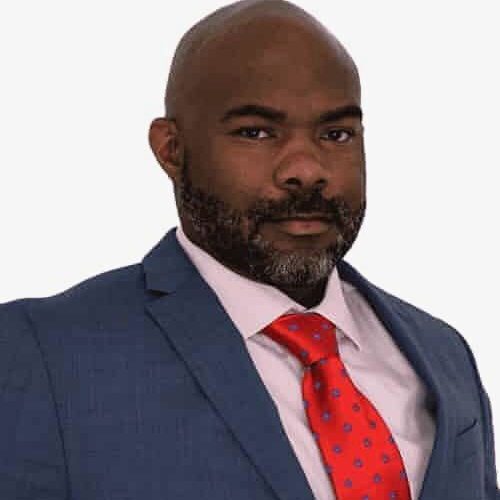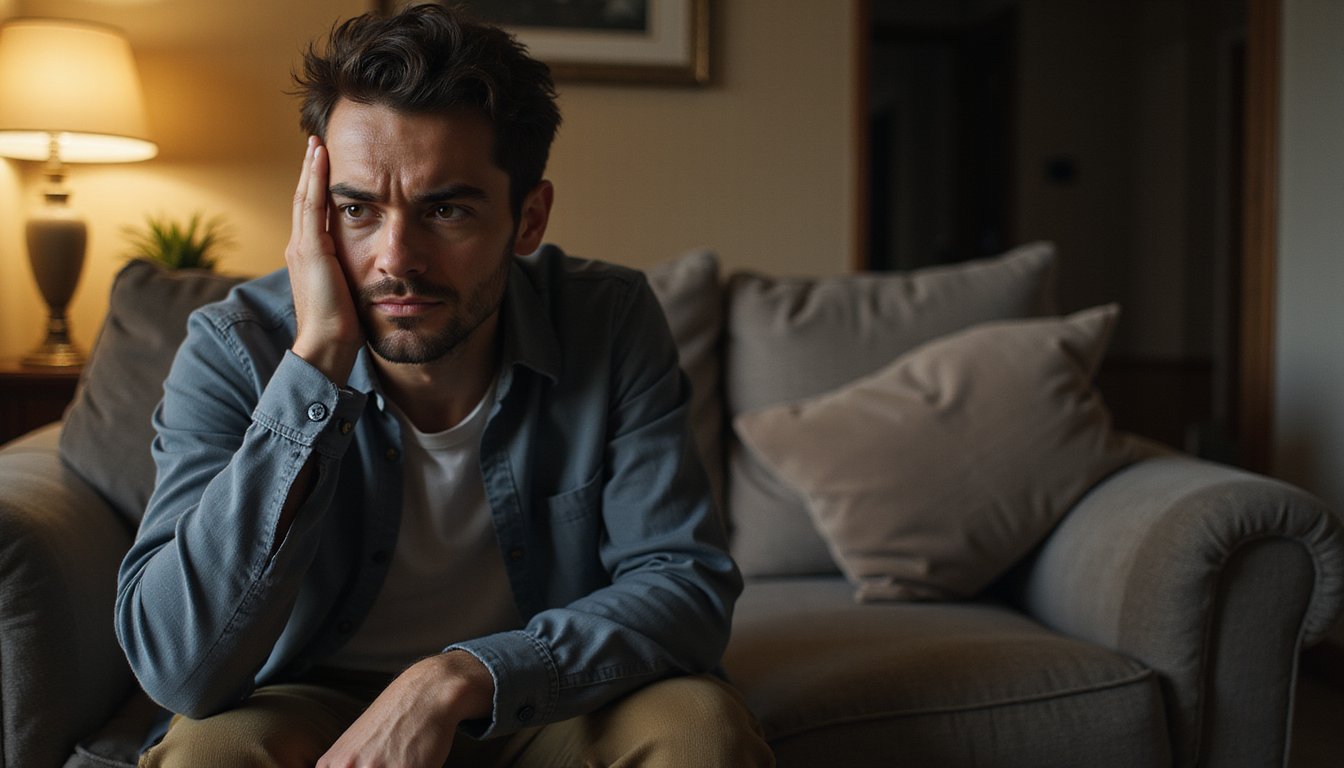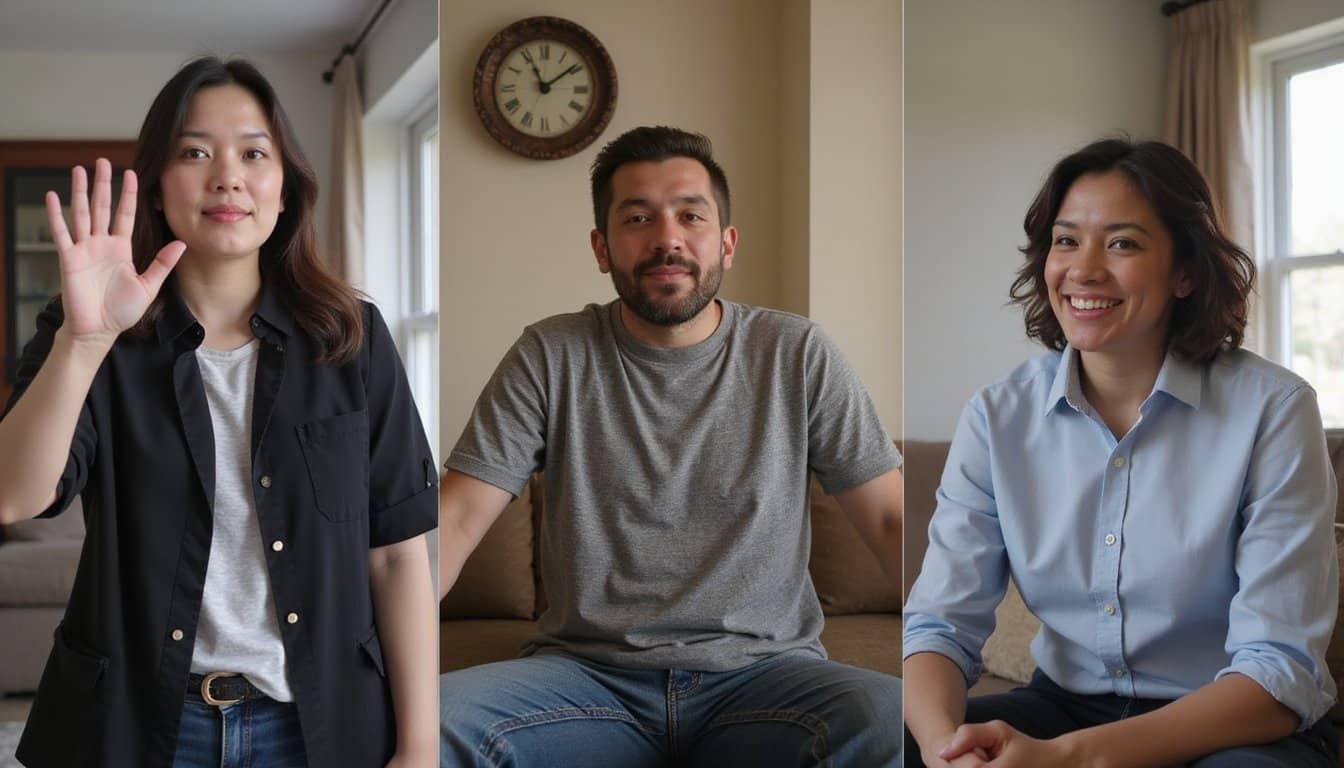In a 30-day drug addiction program, you’ll receive thorough treatment through a structured daily schedule that includes medical support, therapy sessions, and skill-building activities. You’ll work with medical professionals and counselors who provide 24/7 care while participating in individual and group therapy sessions to develop coping strategies. Family involvement and support systems play an essential role in your recovery process, and you’ll create an aftercare plan to maintain sobriety. Understanding the complete program structure can help you take your initial step toward lasting recovery.
The Daily Structure of a 30-Day Rehab Program

While entering a 30-day rehabilitation program can feel overwhelming, understanding the daily structure helps create a sense of stability and purpose during recovery.
You’ll experience a carefully planned daily schedule that promotes healing and personal growth in a structured environment away from external triggers.
Your mornings begin with a nutritious breakfast, followed by medication administration and group therapy sessions. Throughout the day, you’ll participate in therapeutic activities including 12-step meetings, individual counseling, and coping strategy workshops. Specialists work to develop personalized treatment plans based on your specific needs and goals.
The program provides clinical assessments and goal-setting activities during the initial days to track your progress. You’ll also engage in wellness practices and evening routines designed for reflection and relaxation. A 24-hour support system ensures you receive continuous care and guidance throughout your stay. The program typically starts with medically supervised detox to safely manage withdrawal symptoms and remove harmful substances.
This consistent structure, combined with peer support and professional guidance, helps you develop healthy habits that support long-term recovery.
Medical Support and Therapeutic Interventions

A thorough treatment approach combines medical support with therapeutic interventions to address both the physical and psychological aspects of addiction recovery.
During your stay, you’ll receive extensive medication management and detox supervision from medical professionals who monitor your essential signs and manage withdrawal symptoms 24/7. Our multidisciplinary team of psychiatrists, neurologists, and therapists consults with clients multiple times per week.
You’ll participate in evidence-based therapies, including CBT sessions that help you identify triggers and develop healthy coping strategies. Ongoing studies show that approximately 40-60% of individuals maintain sobriety after completing treatment programs.
The program also incorporates group therapy, family counseling, and mindfulness techniques to support your recovery pathway. Our experienced team provides compassionate care through every step of your recovery journey.
Recovery thrives through comprehensive support, including group sessions, family healing, and mindfulness practices that strengthen your journey to wellness.
If you’re dealing with opioid or alcohol addiction, you may receive medication-assisted treatment to ease withdrawal symptoms and reduce cravings.
Throughout your treatment, medical staff will regularly assess your progress and adjust your care plan to guarantee you’re receiving the most effective combination of medical support and therapeutic interventions.
Building Recovery Skills and Coping Mechanisms

Building essential recovery skills forms the cornerstone of successful addiction treatment. During your 30-day program, you’ll develop vital coping strategies and recovery techniques that support long-term sobriety. The structured environment helps you establish new patterns while learning practical ways to manage triggers and stress. However, research shows that detox and habits are primarily addressed during this timeframe. Individual counseling sessions enable one-on-one support to address personal challenges and trauma associated with addiction.
- You’ll engage in cognitive behavioral therapy to identify negative thought patterns and develop healthier responses to challenging situations.
- Daily therapeutic activities will help you build a stable routine, including early morning sessions that reset habits and promote accountability.
- Group therapy provides opportunities to practice social skills and learn from others’ experiences in recovery. Peer support networks prove invaluable as you interact with others facing similar addiction challenges.
- Through structured programs like 12-step meetings, you’ll gain tools for relapse prevention and develop a support network that extends beyond treatment.
Family Involvement and Support Systems
Successful addiction recovery often depends on strong family involvement and extensive support systems. During your 30-day program, you’ll work with therapists who’ll help improve family dynamics through structured sessions focused on communication, boundary-setting, and problem-solving skills.
Your treatment will include specialized family therapy formats that address unique challenges within your support networks. These may involve parenting classes, children’s therapy sessions, or family support groups. Evidence shows that families who engage in therapy help patients achieve higher retention rates in treatment programs.
Family healing takes many forms, from parent education to child counseling, ensuring every member receives the specific support they need.
The CRAFT approach helps family members learn constructive ways to support your recovery while maintaining their own well-being.
You’ll also connect with peer support networks that link you to families facing similar challenges. This thorough approach helps create a stronger foundation for long-term recovery while addressing potential triggers and establishing healthy patterns within your family unit.
Preparing for Life After Treatment
Shifting from intensive treatment to everyday life requires a thorough aftercare strategy that you’ll develop with your care team. Your success in maintaining recovery depends on having strong relapse prevention tools and community support systems in place before you complete your program. Studies show that relapse rates range from 40-60% for substance use disorders, making a comprehensive aftercare plan essential.
- You’ll work with recovery coaches to create personalized strategies for handling triggers and maintaining sobriety through ongoing therapy and support groups. With 72.2% of adults considering themselves in recovery after treatment, developing these strategies is crucial for long-term success. Avoiding contact with active substance users is particularly important, as peer influence contributes to 67% of relapses.
- You’ll connect with mutual-help organizations like NA or AA, where you can build relationships with others who understand your expedition.
- You’ll learn to use recovery apps and digital tools that help track your progress and provide immediate access to crisis resources.
- You’ll investigate sober living communities or supportive housing options that offer structured environments and peer accountability while you rebuild your independence.
Frequently Asked Questions
Can I Bring My Phone or Laptop During the 30-Day Program?
Phone policies and technology restrictions vary among rehab facilities.
While some centers may allow you to bring your devices, they’ll likely limit your usage to specific times and places. You might face restrictions on internet access and social media.
If you’re permitted to keep your phone or laptop, expect monitored usage and approved contact lists.
Some facilities completely prohibit devices to help you focus fully on your recovery path.
What Happens if I Need to Leave the Program Early?
If you’re considering early departure, it’s essential to understand the potential consequences.
You’ll face increased risks of relapse since withdrawal and therapy processes haven’t been completed. You’ll also miss vital coping skills and relapse prevention strategies.
While you have the right to leave, it’s best to discuss your concerns with your treatment team initially. They can address your specific needs or adjust your treatment plan to help you stay committed to recovery.
Are Smoking or Nicotine Products Allowed During Treatment?
Smoking policies vary between treatment facilities, but many programs restrict or prohibit tobacco use.
If you’re currently smoking, don’t worry +you’ll have access to nicotine alternatives like patches, gum, or lozenges under medical supervision.
Some facilities allow designated smoking areas with specific time limits, while others require complete abstinence.
You’ll receive support through counseling and behavioral therapies to manage cravings, and your medical team will help develop a personalized nicotine management plan.
Can I Have Visitors During Weekends at the Rehabilitation Center?
Yes, you can usually have visitors on weekends, but visitor policies vary by facility.
You’ll need your therapist’s approval initially, and visits typically occur in designated areas during specific time blocks (like 1-3 PM on Saturdays).
Weekend activities with visitors are structured to support your recovery path.
Keep in mind that you’ll need to complete detox and show treatment progress before becoming eligible for visits, and all visitors must follow strict facility guidelines.
How Much Does a Typical 30-Day Drug Rehabilitation Program Cost?
A typical 30-day drug rehabilitation program can cost between $6,000 and $30,000, depending on the facility type and services offered.
You’ll find that insurance coverage often helps reduce these costs considerably. Many facilities offer flexible payment options, including sliding-scale fees based on your income, payment plans, or financial assistance programs.
If you’re concerned about costs, you can investigate state-funded programs or facilities that offer scholarships to make treatment more accessible






